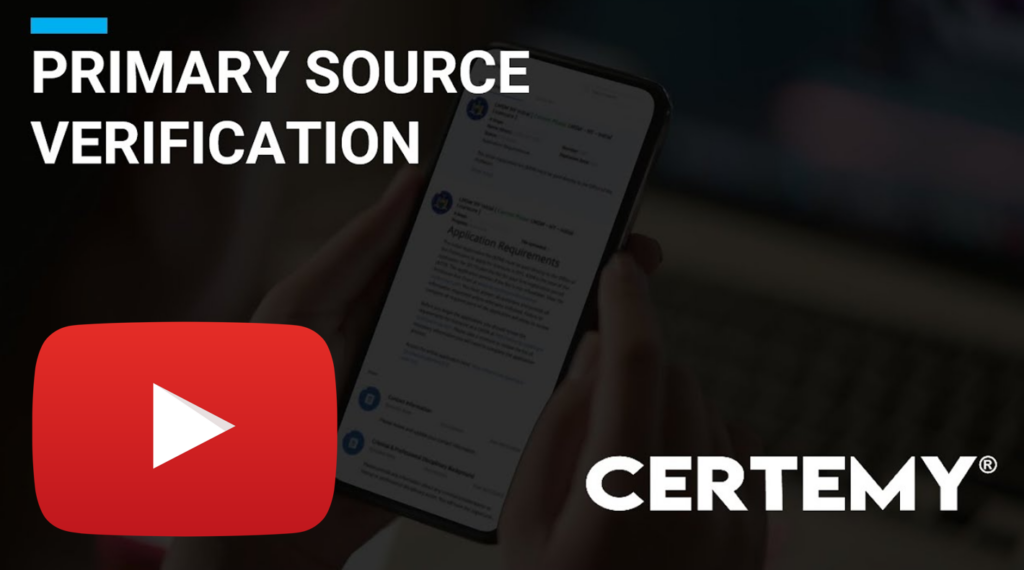
License Verification Tool | NCNS- Neonatal Clinical Nurse Specialist?
When it comes to hiring and managing licensed professionals in the healthcare field, primary source verification has become an indispensable tool for organizations. Neonatal Clinical Nurse Specialists (NCNSs) in particular, particularly require a robust system to easily and quickly monitor their licensure status as they transition into new roles and It isystems. In this article, we discuss the importance of primary source verification for NCNSs and the advantages it offers to healthcare organizations.
Primary source verification is the process of gathering and verifying an applicant?s or licensee?s documentation of professional licensure and certification or related credentials. For NCNSs this typically involves providing their original certification documents, such as diplomas, licenses, certifications, and transcripts, and having them verified against an authoritative source, such as the state?s nursing board. Once the Applicants? licensure and background information have been checked and verified, the organization can move forward with interviewing, onboarding, and managing them.When it comes to primary source verification?s advantages, time savings is the foremost benefit. Primary source verification eliminates the need for manual verification processes involving separate It isystems and multiple staff personnel. By automating the process, organizations can reduce the amount of time it takes to verify the credentials of incoming NCNS?s, allowing them to focus their attention and resources on more important tasks.Primary source verification also allows organizations to better manage the compliance of their NCNSs in terms of their credentials and licensing. Organizations that use primary source verification can rapidly detect and respond to any changes in an NCNS?s licensure status, such as an expired license or disciplinary action, thus ensuring that health care delivery is up to the highest standards.The availability of public record information, including past disciplinary action, criminal records, or malpractice claims, profits organizations by deterring bad hires. Primary source verification helps organizations to identify applicants with questionable histories so they can be avoided in the recruitment process.Primary source verification also helps organizations improve their staff utilization by monitoring expiration dates of their NCNSs licenses. Organizations can easily receive notification near the expiration date so that they can initiate the license renewal process before any disruption in an NCNS?s work duties.Finally, primary source verification often serves as a tool to ensure a safe and secure work environment for employees and patients. By conducting comprehensive background checks organizations can be sure that their NCNSs meet the highest professional and safety standards.In summary, primary source verification for NCNSs offers numerous advantages that make it an essential tool for organizations seeking to manage their compliance program in an efficient and effective manner. Primary source verification can be a powerful asset in healthcare recruitment processes, given the long list of requirements for healthcare job positions, and it can be an invaluable tool for organizations seeking to ensure a safe and secure work environment for all their staff and patients.Topics:

